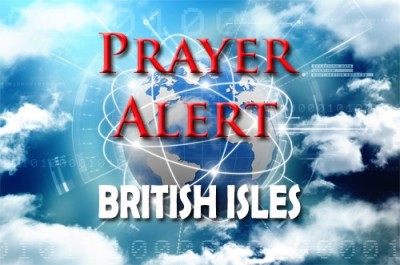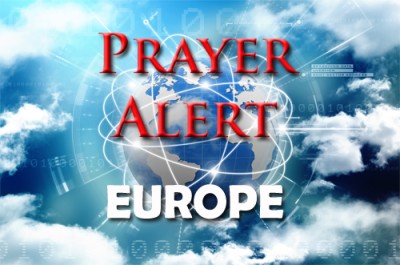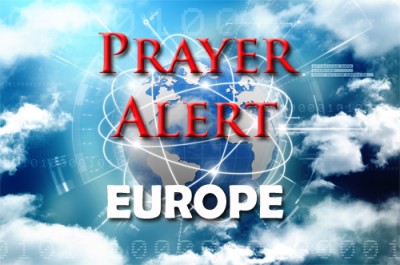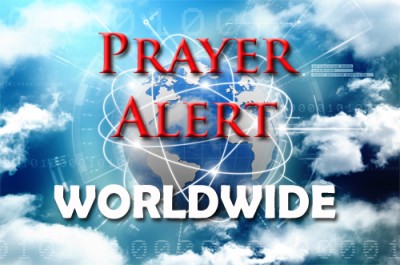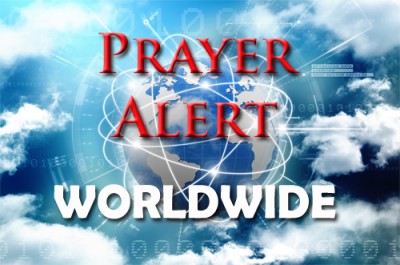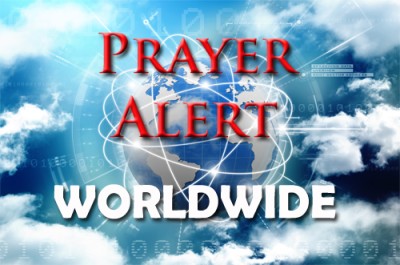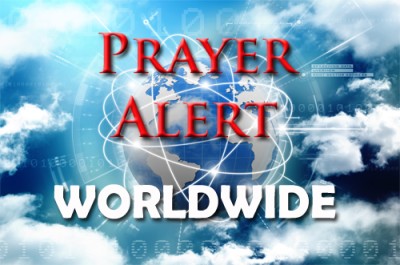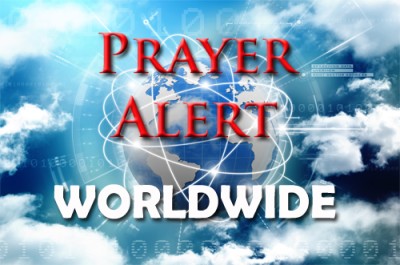Steven Croft, Bishop of Oxford, has urged smartphone-free schools to promote healthier lifestyles for young people. Speaking in the House of Lords, he highlighted efforts by his diocese, which oversees 285 church schools, to educate students on the risks associated with smartphone use. He noted that in a school in his diocese, banning smartphones led to improved behavior, reduced bullying, increased concentration, and better academic performance. He argued that these changes foster healthier communities and higher levels of learning. His comments follow similar initiatives, including a top CofE school adopting 'brick phone only’ policies to encourage a balanced relationship with technology. While there is broad consensus on the benefits of smartphone-free schools, Dr Croft acknowledged the need for further discussions on implementing such measures across the board. The debate reflects growing concerns about the impact of smart devices on young people's well-being and development.
US intelligence suggests Russia may launch its experimental Oreshnik hypersonic missile against Ukraine within days. First used in an attack on Dnipro in November, the missile displayed astonishing speed and precision, striking a military facility with devastating fireballs. Despite its limited number and smaller warhead compared to other missiles, its deployment is seen as an intimidation tactic rather than a battlefield game-changer. Vladimir Putin boasted about its capabilities on national television, warning NATO allies that supporting Ukraine with longer-range weapons could provoke similar strikes on their territories. This statement followed Putin's signing of a revised nuclear doctrine lowering the threshold for nuclear weapon use, allowing for retaliation even against conventional attacks supported by nuclear powers. Meanwhile, tensions rise as the USA loosens restrictions on Ukraine’s use of long-range weapons to counter Russian aggression.
French-Cameroonian author Charles Onana has been found guilty of downplaying the Rwandan genocide, which resulted in the deaths of approximately 800,000 people in 1994. He was fined €8,400, and his publisher was fined €5,000. The two must also pay €11,000 in compensation to human rights organisations which filed the lawsuit. A Paris court ruled that Onana’s book, published in 2019, trivialised and contested the genocide in an ‘outrageous manner’, violating France's laws against genocide denial and incitement to hatred. The book suggested that the narrative of a planned genocide by the Hutu government was a ‘scam’, a claim criticised for distorting historical facts. Rwanda's foreign minister has welcomed the court’s decision as a victory. This is the first time in Europe that those denying the genocide have been punished under French law.
On 8 December, Syrian rebels overthrew Bashar al-Assad, ending his 24-year rule and his family’s half-century grip on power. Their victory caps a devastating 13-year civil war which killed over 500,000 people, displaced millions, and involved major global powers. Turkey, a key player, supported rebel groups, primarily to counter Kurdish militias. Turkey, which would also like to repatriate three million Syrian refugees, has played a role in brokering ceasefires and aiding the rebels’ recent offensive. Russia, Assad’s staunch ally, provided air support and troops starting in 2015, securing key military bases in Syria. However, its focus on the Ukraine war weakened its ability to sustain Assad’s regime, leading to his downfall. Assad has reportedly fled to Moscow. The USA has backed moderate rebels and Kurdish-led forces against Assad and ISIS, maintaining about 900 troops in the northeast. Iran and Hezbollah, longtime Assad allies, have also seen their influence wane due to internal and external conflicts. Breaking news: the rebels have announced that the Syrian parliament and constitution will be suspended for three months.
Israel has launched a series of airstrikes and naval operations in Syria, targeting military assets and creating a buffer zone near the Golan Heights. Defence minister Israel Katz stated the actions aim to establish a ‘sterile defence zone’ to prevent terrorist activities. Israeli strikes reportedly destroyed Syria’s naval fleet, military warehouses, air-defense facilities, and weaponry near Damascus. There were probably as many as 250 strikes, with video evidence of naval wreckage in Latakia. The Syrian Observatory for Human Rights confirmed significant damage to Syria’s military infrastructure. Israel claims its operations are temporary and limited to precluding advanced weaponry from extremist groups. However, several nations have condemned the strikes as violations of international law. The UN criticised the buffer zone seizure as a breach of the 1974 disengagement agreement, despite Israel’s assurances of its defensive intent.
Animal rights activists are urging the Nepali government to halt the mass slaughter of animals during the Gadhimai festival, a tradition held every five years in a village near the Nepal-India border. Despite a 2016 supreme court order to phase out animal sacrifices, thousands of buffaloes, goats, and pigeons were reportedly killed this year. Participants believe that sacrificing animals pleases the goddess Gadhimai, bringing them good fortune and fulfilling wishes. Efforts by organisations like the Humane Society have led to a reduction in the number of animals sacrificed, but activists argue that more needs to be done. Local officials claim that measures are being taken to limit the practice, and some villagers have shown openness to alternatives, such as monetary donations instead of animal offerings. However, many community members resist change, viewing the sacrifices as an integral part of their 200-year-old cultural tradition. Activists continue to work on the ground, focusing on education and awareness to shift attitudes towards ending the practice.
In Canada, the rate of medical assistance in dying, aka euthanasia, has increased for the fifth consecutive year, though at a slower pace. In 2023, about 15,300 people underwent assisted dying - 4.7% of all deaths in the country. This marks a 16% increase from the previous year, a sharp decline compared to the 31% annual rise in earlier years. The government is exploring expanding euthanasia to include those with mental illnesses, but that decision has been delayed because the provinces are concerned about whether the system could cope with such an expansion. Also, concerns about potential gaps in safeguards have grown, with some instances of individuals seeking euthanasia for non-terminal conditions, such as chronic disabilities or housing issues. These controversial cases have sparked ongoing debates about the program’s ethics and future expansion.
Uganda: mental health crisis at refugee camps
12 Dec 2024The mental health crisis at Kiryandongo refugee camp is escalating, with suicides and suicide attempts surging. Between January and October 2024, 41 suicides and over 130 attempts were recorded, highlighting the profound psychological distress faced by refugees. Many are haunted by memories of past trauma, such as bombings. These ongoing fears disrupt daily life and contribute to widespread mental health struggles. Despite the existence of psychosocial support programs, resources at the camp are insufficient to meet the overwhelming demand. With over 1.7 million refugees in Uganda, local healthcare services are under immense pressure, but specialised care is often inaccessible due to high costs. The UNHCR is calling on governments, the private sector, and international donors to increase funding for mental health programs to address this urgent need.
